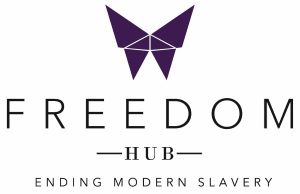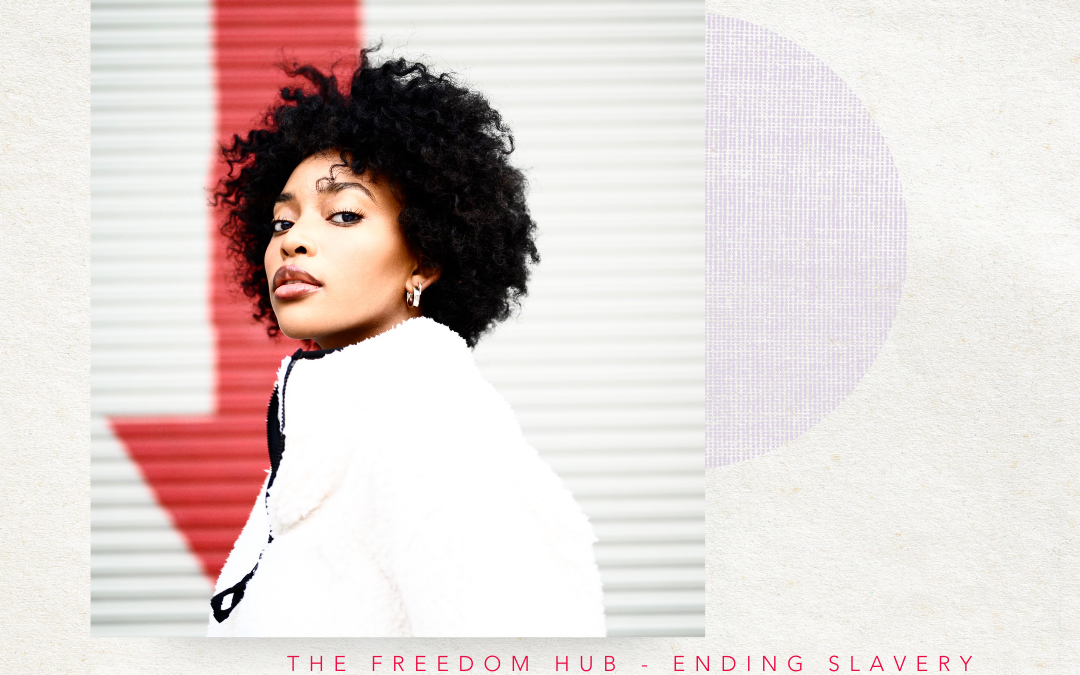One of the biggest problems we face in trying to help women out of forced labour is knowing how to shop ethically. Shopping ethically supports the companies and factories that are treating women fairly and paying them properly. If those companies prosper, making a profit with higher costs, others will soon follow and whole economies will be lifted. This is how we can help end poverty in poorer countries and help people find good jobs.
But we get it. As a consumer, we often don’t know how to find ethical companies to support and we often don’t have time to research.
As we get closer and closer to Christmas it is easier just to grab what pops up in our feed. But this is has impact and it lets the big companies that don’t care about people continue to prosper.
So here we have tried to pull together some information to help you be selective in what you buy and save you some research. Yes it will take some reading, but isn’t it worth sitting and planning your shopping knowing your dollars can change lives?
1. Ethical Shopping Guides
Here are some must have apps and guides to read for products that are high risk for slavery. These guides are designed to help consumers shop ethically, but it is important to note that not all guides agree or have the same methodology. But as ‘guides’ they will just help you think through where you want to spend your money.
FASHION:
Goodon You App – down load this app to help you while out and about clothes shopping. You can search by store or by brand and get a grading as to whether you should support the company with your $$$. Thousands of brand ratings, articles and expertise on ethical and sustainable fashion. Know the impact of brands on people and planet. always use this app as we are walking around the mall deciding which stores to go in. We would rather be lured by ethical values than by the window display!
Oxfam Naughty or Nice List – is also a fashion guide to help you shop ethically in Australia.
CHOCOLATE:
Be Slavery Free Chocolate Guide – really set up for Easter but updated annually so have a quick look before Cmas shopping so the last minute box of chocolates are ‘good’.
SEAFOOD
Good Fish Guide – an Australian guide that focusses mainly on sustainability.
Be Slavery Free Seafood Guide – this is a very quick read educating you on why and how to be careful.
The Freedom Hub – we also have a quick blog to read about how to have ethical fish for dinner!
GENERAL ETHICAL GUIDES:
The Good Shopping Guide – This covers just about everything. Energy, Money, Fashion, Food & Bev, Technology, Health & Beauty
Ethical Shopping Guide – Another thorough guide with an app that covers all areas. We usually always start here when we are deciding on brands we are going to range in our Freedom Hub Cafes. This guide grades from A to F and assesses on both human and environmental impact.
The Honest Consumer – this is a more general list of socially responsible brands that are socially responsible, sustainable, and give back brands allowing you to easily shop your values. Not focussed on slavery or forced labour but has a great layout and feel good vibe about it, encouraging us to support companies that are at least trying to make a difference and well worth supporting.
Change the World by How you Shop – a US based guide but is also has a master list of guides, so if you want to sit and study your shopping habits and brands, grab a cuppa and read away.
2. Ethical Market Places
Finding ethical stores can also be a bit tricky. Our advice is to look for Fair Trade stores, or Oxfam stores and don’t forget to think about repurposing and vintage shopping.
If you are looking for online ethical market places thegoodtrade.com has a great list. You can also check out The Freedom Hub ethical store however we have passed our Christmas cut off for delivery now. Maybe keep it in mind for birthdays coming up!
3. Ethical Activism
As consumers, we have a large responsibility to pressure fashion companies for transparency and traceability of where and how their products are made. Fashion is a very labour-intensive industry. And modern slavery in fashion can appear in a variety of forms. This includes the harvesting the cotton for a t-shirt, sewing the garment and even modelling the final product.
You can see our tips for building a more ethical wardrobe here.
The fashion industry, particularly fast fashion has long been a culprit of modern slavery. Because of increasing demands of low prices and constant new products, many fashion brands rely on overseas factories to produce their garments for low costs. But this hazy global supply chain creates a lack of transparency and encourages unregulated working conditions. As multinational companies rely on off-shore production and do not have control over their supply chains, forced labour or illegally low wages often occur. And in these factories, workers may be subject to unsafe facilities and illegal work practises. The infamous collapse of Rana Plaza in Bangladesh alerted the world to these horrific conditions, but we are still unable to know where our clothes are truly coming from
#whomademyclothes?
The #whomademyclothes movement was sparked after the collapse of Rana Plaza and calls for a safer, fairer and more transparent fashion industry. The movement calls upon every consumer to contact fashion brands directly and ask the simple question of who made their clothes.
This is a simple yet powerful campaign to drive change in the industry.
Read more here: https://fashioninsiders.co/features/inspiration/who-made-my-clothes-movement/
So we hope this has given you plenty to think about, and that you will have an ethical Christmas by taking action with your spending.
ABOUT 16 DAYS OF FREEDOM
Thank you for your part in this 16 Days of Freedom. We cannot change culture without awareness, so please share this post with your friends to help raise awareness. Here are the hashtags for your share: #16daysoffreedom #freedomhuborg #womensrights #orangetheworld
16 Days of Freedom is a campaign we are running to align with the UN awareness campaign United Nations’ UNiTE campaign on gender violence against women and girls. As a result we are focussing on abuse of women and girls through the lens of modern slavery.
So for 16 days we will post a story to highlight the issue. To end the 16days we invite you to come to or host a Festive High Tea for Human Rights. These will be held on or near the UN Human Rights Day on the 10th December.
You can join our High Tea in Waterloo, Sydney, by clicking HERE. NOTE: the first one is now closed, tickets for Sat 12th close on Thur 10th.
Or you can Host your own High Tea by registering HERE and we will send you an information and fact sheet to read or distribute to your guests.
THANK YOU FOR TAKING THE TIME TO READ OUR BLOG (Please review it or share it with others).
Join our Community
If you would like to support a survivor or our work, donate here. (tax deductible)
Would you like to volunteer? contact us here.
Or if you would like to get our monthly up date, opt in here.
If you need help reporting slavery call us: 1800FREEHUB
–
Other blogs you might enjoy:

